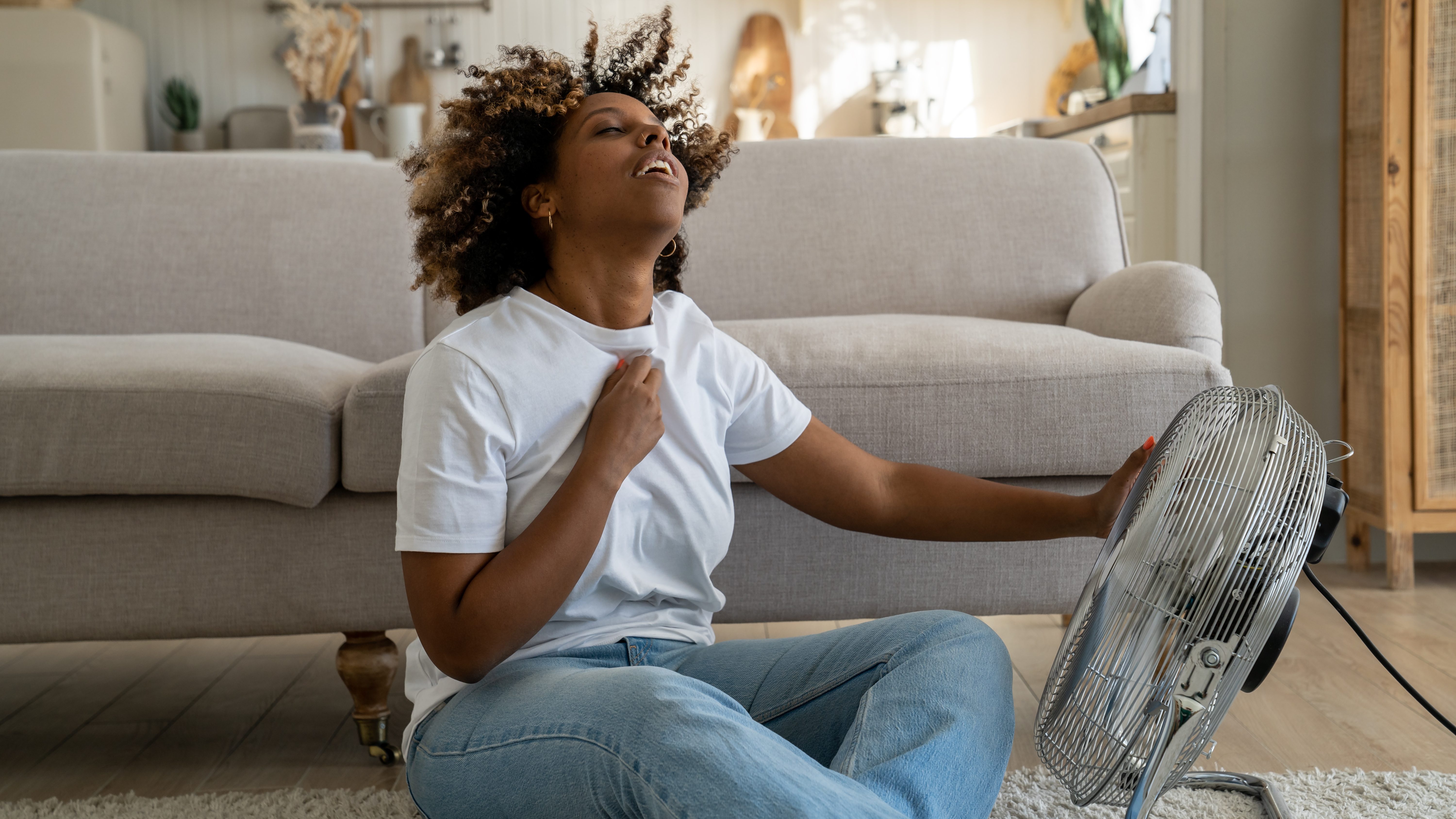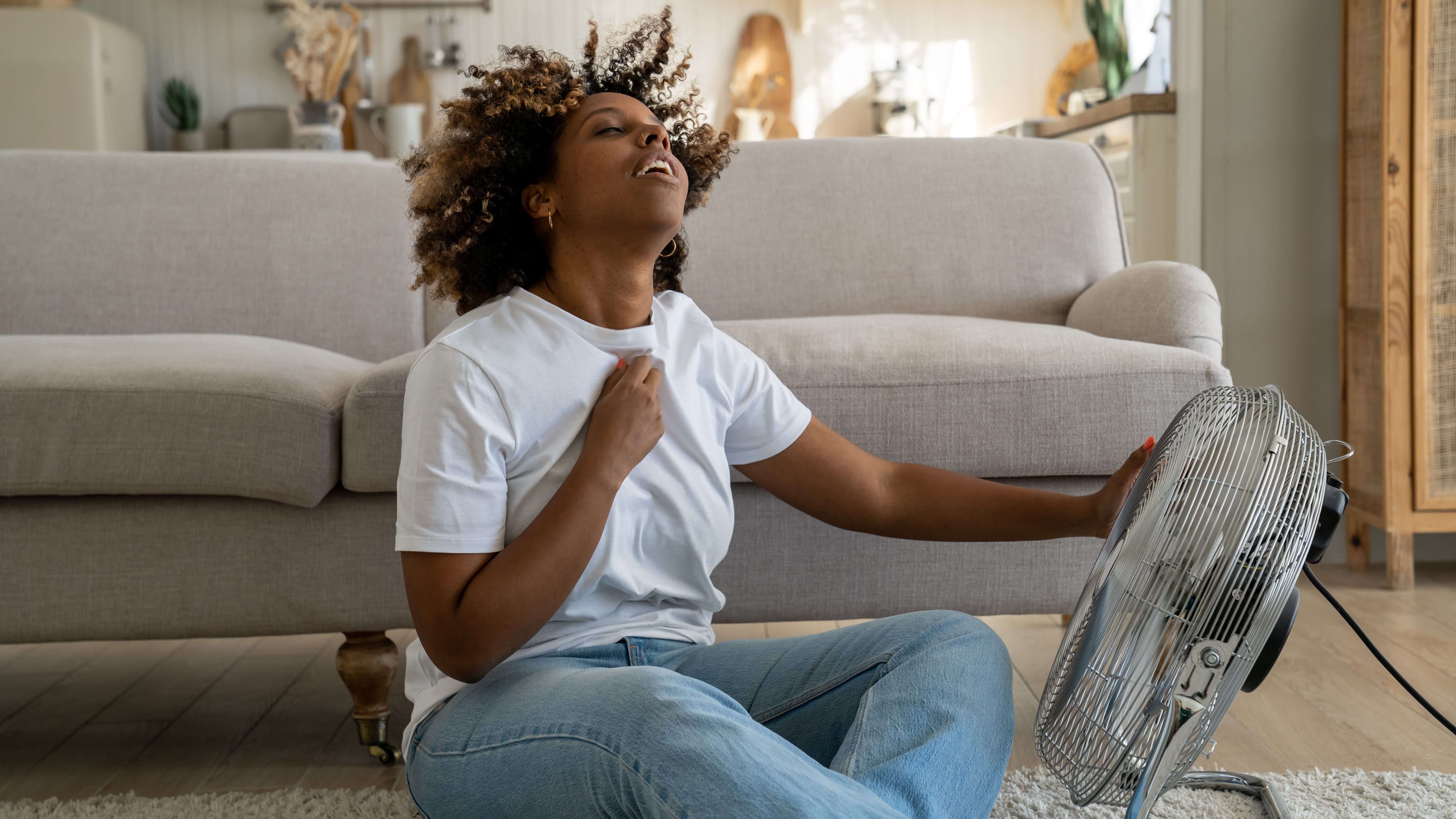Eight things to never do during a heat wave — and one to remember
Record-breaking heat waves are rising around the country and the world. Here are eight ways to beat the heat. Point The post Eight things to never do during a heat wave — and one to remember appeared first on TheGrio.

Record-breaking heat waves are rising around the country and the world. Here are eight ways to beat the heat.
Point blank: It’s hot out. Very hot.
If the memes circulating declaring, “Don’t invite me out, unless it’s inside,” aren’t enough indication, it’s ridiculously hot over a large portion of the country. Temperatures are currently at least 10 digits above 100 F in roughly 79 cities throughout the country, including in Texas, Louisiana, Georgia, Florida, and California. And that’s just in the U.S.; cities worldwide are suffering through dangerous temperatures.

As reported by the Associated Press, the current heat wave has already claimed at least a dozen lives in Texas — a sad reminder that heat-related deaths are both possible and preventable. According to the Centers for Disease Control and Prevention, over 600 people die yearly from heat-related illnesses that could be avoided. Given that stat, the fact that these heat waves are occurring primarily in states with large Black and brown populations, as well as increasing evidence that Americans may need to get used to extreme heat in the summer, here are eight things you should never do during a heat wave — and the one thing you should remain aware of if you want to stay safe in the heat.
Don’t forget to check the weather
It’s always a good idea to check the weather before finalizing plans for the day and to continue checking it throughout the day. However, during a summer that has already featured flash floodings, repeated wildfire haze and now, deadly heat waves, it is not hyperbole to say checking the weather is a matter of survival.
Don’t go outside during peak temperatures
Some regions experiencing heat waves start off with cooler mornings or end with cooler evenings. If that’s the case in your area, use your time wisely by going outside earlier in the day and avoiding doing so during the hottest point, if possible. Sorry, but that includes postponing parties, sporting events and outdoor activities. Either wait until a cooler point in the day or until the heat wave officially breaks.
Don’t forsake A/C
With heat waves lasting weeks and temperatures in the triple digits, air conditioning is a human necessity. If you have it, now is the time to use it; if not, find a designated cooling center or other free public air-conditioned spaces (like libraries, shopping malls, community centers, churches etc.) to occupy during the hottest hours of the day. Staffs in those public or religious spaces should also expect to see more people in the coming days as they attempt to stave off the heat, so please be compassionate.
Don’t skimp on hydration
It should go without saying, but heat waves are very much “drink water and mind my business” situations. Keep sipping nature’s perfect recipe regularly throughout the day to stay hydrated, get some cooling relief, and keep sharpening your body’s natural defenses against high temperatures.
Don’t ignore feelings of illness
Headaches, stomachaches, nausea and sudden lethargy (as after a big meal) are all common, however, they could be infinitely more concerning during a heat wave. Pay attention to your body and how you feel as you move about your day. If any unusual symptoms arise while outside, move to a cool place, preferably indoors, get some water and continue to monitor how you’re feeling. Seek medical attention if your symptoms worsen.
Don’t leave pets outside or unattended
As is true for you, a heat wave is not the safest time to take your pets outside. If you must, keep it short and sweet, keep water on hand, and stay with them. Additionally, monitor your pets while temps remain high. If you see any signs of lethargy, excessive panting, or seeking shade, bring them inside or move them to a cooler place ASAP. Remember, ground surfaces may be uncomfortably hot, so if your dog seems bothered by the pavement, move to a shaded or grassy area if possible.
Also, certain breeds may require more concern than others, so educate yourself on whether your pet has any heat-related risks. There are several devices pet owners can use to help keep their pets cool, like cooling pads, ice cube toys, play pools and frozen treats. Lastly, avoid leaving pets in cars or indoors without A/C and access to fresh water.
Don’t forget your sunscreen
As Katonya Breaux, the founder of Unsun, one of the first sunscreen brands for Black skin, reminded theGrio, all skin needs protection from the sun. Melanin is not a substitute; Breaux noted even medium-dark skin tones only have natural protection from the sun for about roughly 10 minutes. We are all at risk during a heat wave, so grab your Black Girl Sunscreen, SuperGoop, Sun Bum, or what have you, and lather up — and make sure it’s 30 SPF or higher.
Don’t underestimate the heat
Whether your region is in the caution zone of the current advisory or the dangerous zone, please don’t underestimate the high temperatures. Temperatures above 90 F are a concern for most, but even temperatures in the mid to high 80s can become dangerous if folks aren’t careful.
Do know the differences between heat-related illnesses
Heat stress, heat exhaustion and heat stroke are all categories of heat-related illnesses with varying degrees of severity. According to Time magazine, all three conditions occur when the body’s natural cooling systems are overwhelmed.
Heat stress is categorized as anything from developing heat rash to dizziness or fainting spells. Heat exhaustion occurs when the body has become dehydrated, which can lead to nausea, vomiting, fainting, slurred speech, physical weakness, severe headaches, irritability, clammy skin and elevated body temperature. The much more dangerous of the illnesses, heat stroke, occurs when the core body temperature has risen above 104 F, and the body can no longer regulate its own temperature. Heat stroke can lead to loss of consciousness, seizures, shutdown of basic bodily functions, and ultimately death.
Victims of either heat stress, heat exhaustion, or heat stroke should cease outdoor activities, drink water, immediately try to get cooler (by removing clothes, using ice packs, or taking a cold bath or shower), and seek medical attention.
Be careful, stay hydrated, and keep cool.

Kay Wicker is a lifestyle writer for theGrio covering health, wellness, travel, beauty, fashion, and the myriad ways Black people live and enjoy their lives. She has previously created content for magazines, newspapers, and digital brands.
TheGrio is FREE on your TV via Apple TV, Amazon Fire, Roku, and Android TV. TheGrio’s Black Podcast Network is free too. Download theGrio mobile apps today! Listen to ‘Writing Black’ with Maiysha Kai.
The post Eight things to never do during a heat wave — and one to remember appeared first on TheGrio.










![TV Trailer: ‘All The Queen’s Men’ Season 4 [Part 2]](https://150893825.v2.pressablecdn.com/wp-content/uploads/2025/06/Trailer-All-The-Queens-Men-Season-4-tgj.png)

